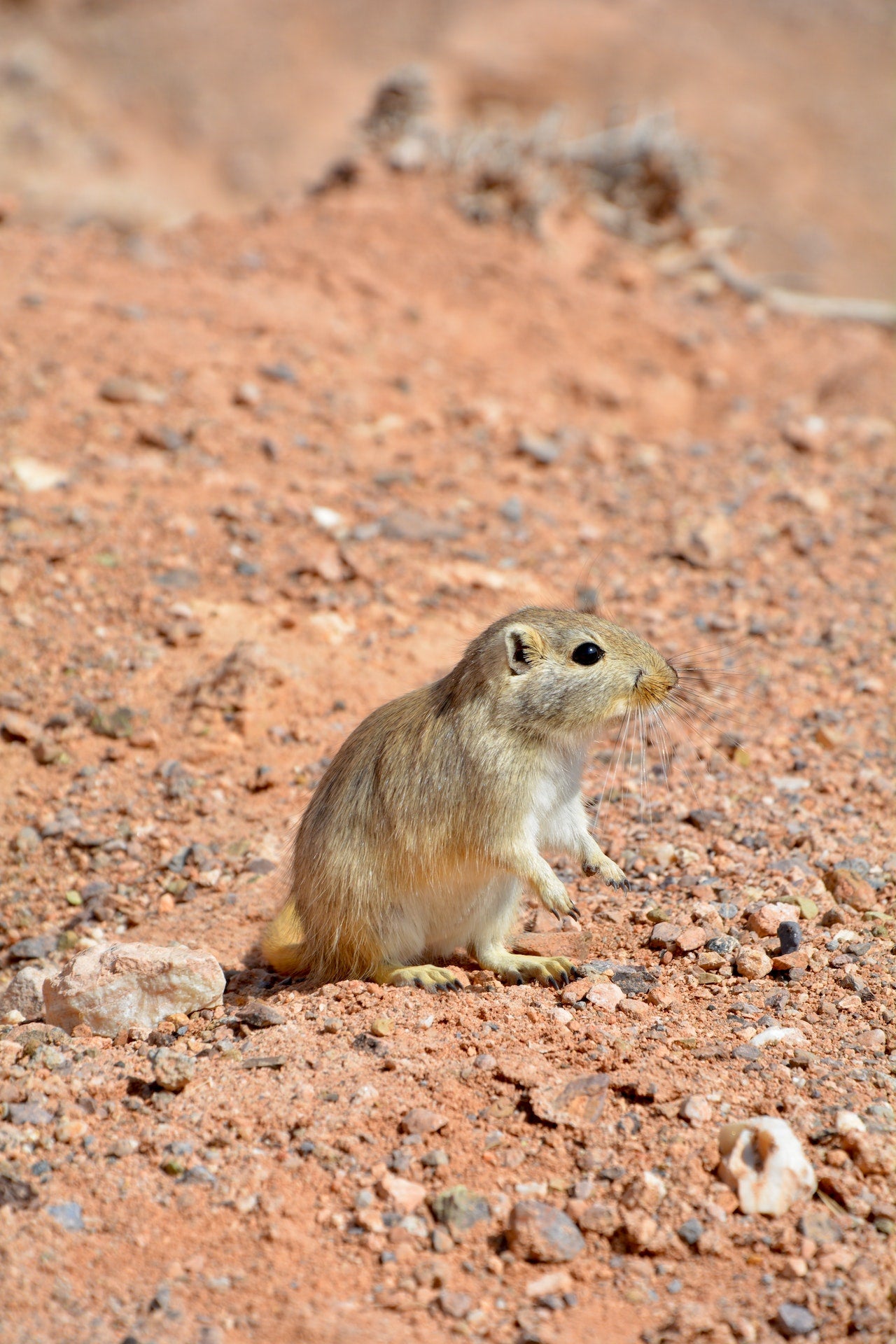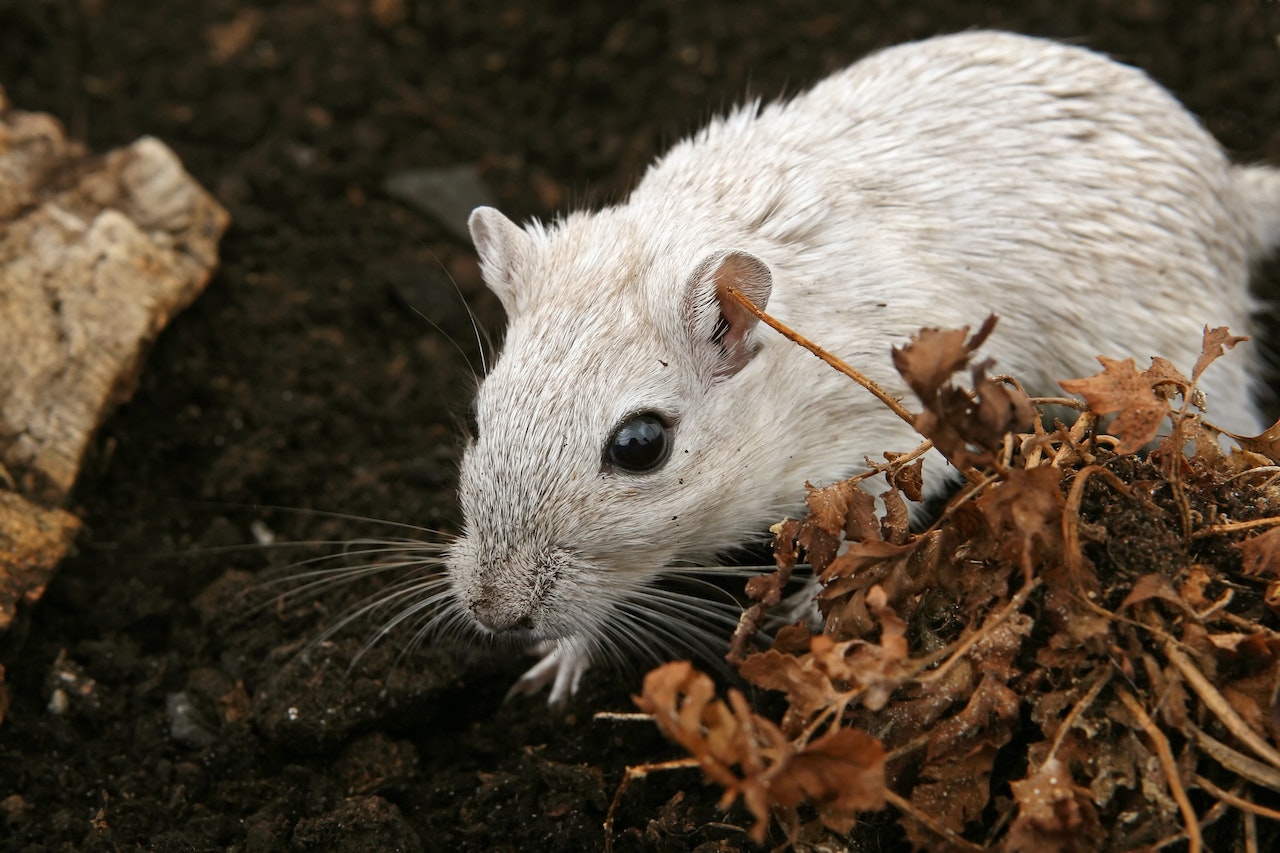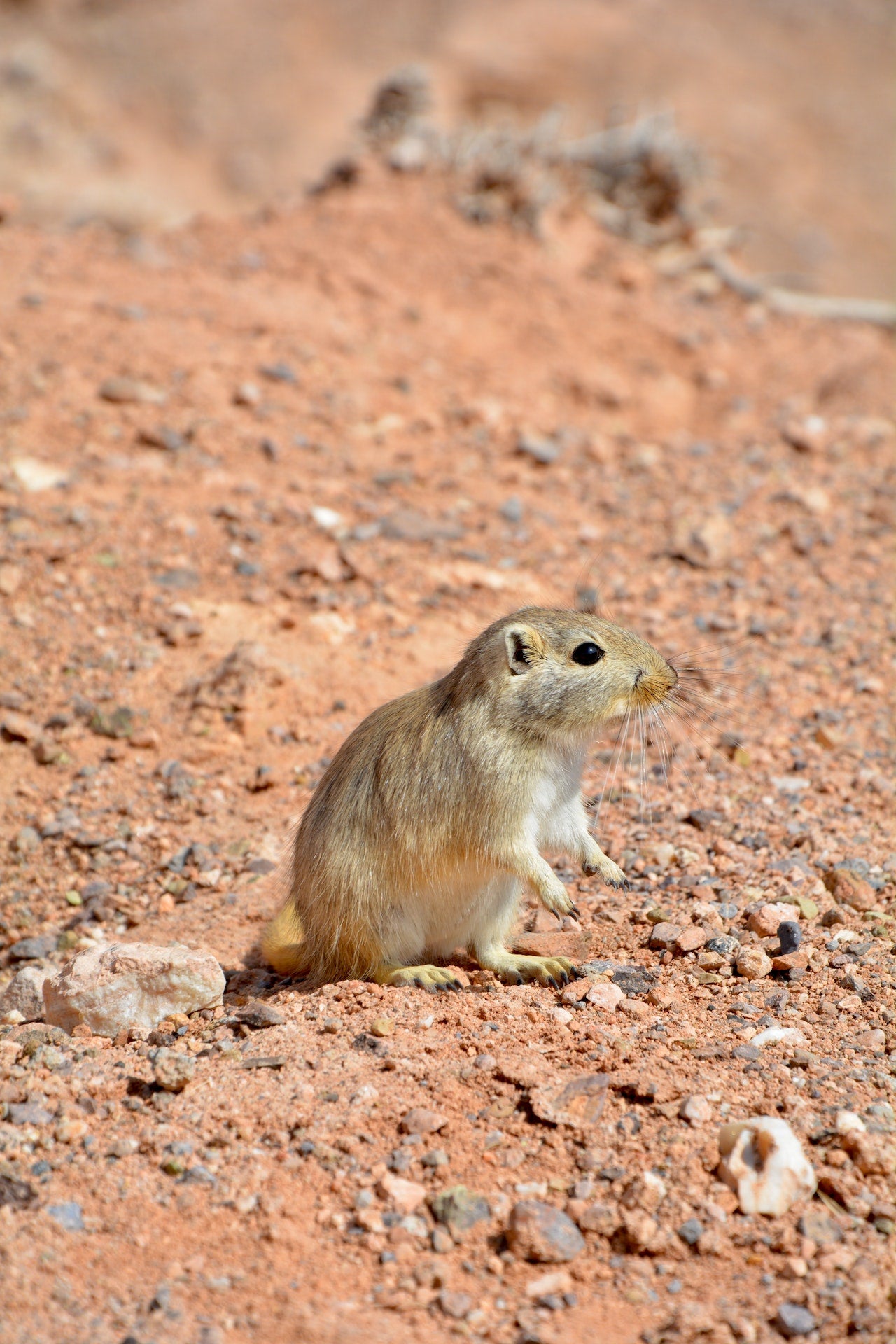Can Gerbils Eat Jelly?
As a pet owner, it's natural to want to treat your furry friends with something sweet or flavorful every once in a while. Gerbils, in particular, are adorable little creatures that require a balanced diet to maintain good health. However, the question of whether gerbils can eat jelly is a valid one, and one that we'll be exploring in this blog post.
Gerbils are small, desert-dwelling rodents that are popular as pets due to their playful nature and ease of care. These little creatures have specific dietary requirements that need to be met to keep them healthy and happy. While a balanced diet of high-quality commercial gerbil food, fresh fruits, and vegetables is ideal, it's natural to want to offer your gerbil a treat or two from time to time.
Jelly is a popular treat that many of us enjoy, but is it safe for gerbils to consume? In this blog post, we'll delve into the nutritional value of jelly and whether it's suitable for gerbils to eat. We'll also discuss the potential risks and benefits of feeding jelly to gerbils and offer tips on how to choose safe and healthy treats for your furry friends.
By the end of this post, you'll have a better understanding of whether jelly is a safe and healthy treat for your gerbil, and if not, what alternatives you can offer to keep them happy and healthy. So, let's dive in and find out if gerbils can eat jelly!
The ingredients of jelly and whether they are suitable for gerbils
Jelly is a sweet treat made from fruit juice, sugar, and gelatin. The fruit juice provides the flavor and color, while the sugar is added for sweetness. Gelatin is what gives jelly its unique texture and allows it to set into a firm, wobbly form.
While jelly may be a tasty treat for humans, it's important to consider whether it's suitable for gerbils to eat. Gerbils have specific dietary needs and require a balanced diet to maintain good health. So, can gerbils eat jelly?
The answer is not a straightforward one. While jelly is not toxic to gerbils, it's not a natural food for them and doesn't offer much nutritional value. Jelly is high in sugar, which can cause health problems such as obesity, dental issues, and digestive problems in gerbils if consumed in excess.
Furthermore, the gelatin used in jelly is derived from animal collagen, which may not be suitable for some gerbils with dietary restrictions. If your gerbil has any specific dietary needs or restrictions, it's best to consult with a veterinarian before offering them any treats, including jelly.
The potential risks and benefits of feeding jelly to gerbils
Feeding jelly to gerbils can have both potential risks and benefits, and it's important to weigh them carefully before deciding whether to offer this treat to your furry friend.
Potential Risks:
High Sugar Content: Jelly is high in sugar, which can cause health problems such as obesity, diabetes, and dental issues in gerbils if consumed in excess. Too much sugar in the diet can also lead to digestive problems and upset stomachs in gerbils.
Digestive Issues: Gerbils have delicate digestive systems, and consuming large amounts of jelly can lead to digestive issues such as diarrhea, constipation, and bloating.
Gelatin: The gelatin used in jelly is derived from animal collagen, which may not be suitable for some gerbils with dietary restrictions. If your gerbil has any specific dietary needs or restrictions, it's best to consult with a veterinarian before offering them any treats, including jelly.
Potential Benefits:
Variety: Offering jelly as an occasional treat can add variety to your gerbil's diet and provide mental stimulation and enrichment.
Energy Boost: Jelly is high in sugar, which can provide a quick energy boost for gerbils during playtime or exercise.
Bonding: Offering treats like jelly can be a bonding experience between you and your gerbil, helping to strengthen your relationship and build trust.
Common misconceptions about feeding gerbils treats like jelly
There are several common misconceptions about feeding gerbils treats like jelly, and it's important to address them to ensure the health and wellbeing of your furry friend.
Misconception #1: Gerbils can eat anything humans eat.
This is a common misconception that can be harmful to gerbils. While some human foods are safe for gerbils to consume in small amounts, not all foods are suitable for them. Gerbils have specific dietary requirements, and feeding them inappropriate foods can lead to health problems such as obesity, digestive issues, and dental problems.
Misconception #2: Gerbils can eat unlimited amounts of treats.
Feeding gerbils too many treats, including jelly, can lead to health problems such as obesity, diabetes, and digestive issues. Treats should be offered in moderation and should not make up a significant portion of a gerbil's diet.
Misconception #3: Jelly is a natural food for gerbils.
Jelly is not a natural food for gerbils and doesn't offer much nutritional value. Gerbils require a balanced diet of high-quality commercial gerbil food, fresh fruits, and vegetables to meet their nutritional needs. While offering treats like jelly can provide mental stimulation and enrichment, they should be offered in moderation and not as a significant part of a gerbil's diet.
Misconception #4: If my gerbil likes it, it must be good for them.
Just because your gerbil enjoys a particular treat doesn't mean it's suitable for them. Gerbils can't make informed decisions about what's good for them, and it's up to you as their caregiver to ensure they're eating a balanced and nutritious diet. If you're unsure about whether a particular treat is suitable for your gerbil, it's best to consult with a veterinarian.
Conclusion
In conclusion, feeding jelly to gerbils can provide some benefits, but it's essential to weigh these against the potential risks. While jelly can add variety to your gerbil's diet and provide a quick energy boost, it is also high in sugar and can cause health problems such as obesity, diabetes, and digestive issues. Additionally, the gelatin used in jelly may not be suitable for all gerbils, especially those with dietary restrictions.
It's important to offer treats like jelly in moderation and choose safe and healthy alternatives that won't compromise your gerbil's health. Remember that gerbils have specific dietary requirements, and not all human foods are suitable for them. Offering treats like jelly can be a bonding experience between you and your gerbil, but it's essential to prioritize their overall health and wellbeing.
Reference
https://www.pexels.com/photo/jar-with-red-jam-on-white-sauer-1051849/
https://www.pexels.com/photo/red-and-green-glass-jars-96580/


